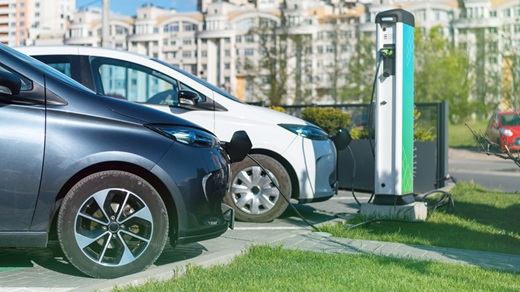China's intense electric vehicle (EV) rivalry is significantly impacting Thailand's ambitious goal to become a regional EV production hub, aiming for 30% of its total auto production to be EVs by 2030. While Thailand has attracted over $3 billion in investments from Chinese EV manufacturers, the hyper-competition, particularly from dominant players like BYD, is challenging smaller brands.
One notable example is Neta, an early Chinese EV entrant, which is struggling to meet local production targets set by government incentive programs. The company faces declining sales, financial difficulties, and severe price competition, leading to a significant drop in its market share from 12% in 2023 to 4% in the first five months of 2025. This has resulted in Neta being unable to produce the required number of cars locally, causing the government to withhold some payments.
The fierce price war and overcapacity in China's EV market are pushing automakers to expand internationally, but this is replicating the competitive pressures in markets like Thailand. The Thai government has adjusted its incentive scheme, extending local production deadlines to mitigate oversupply and worsening price wars. Despite the challenges faced by individual companies, the Thai government affirms its commitment to supporting the automotive sector and promoting the EV industry.
Read more: Click!
July 22, 2025













